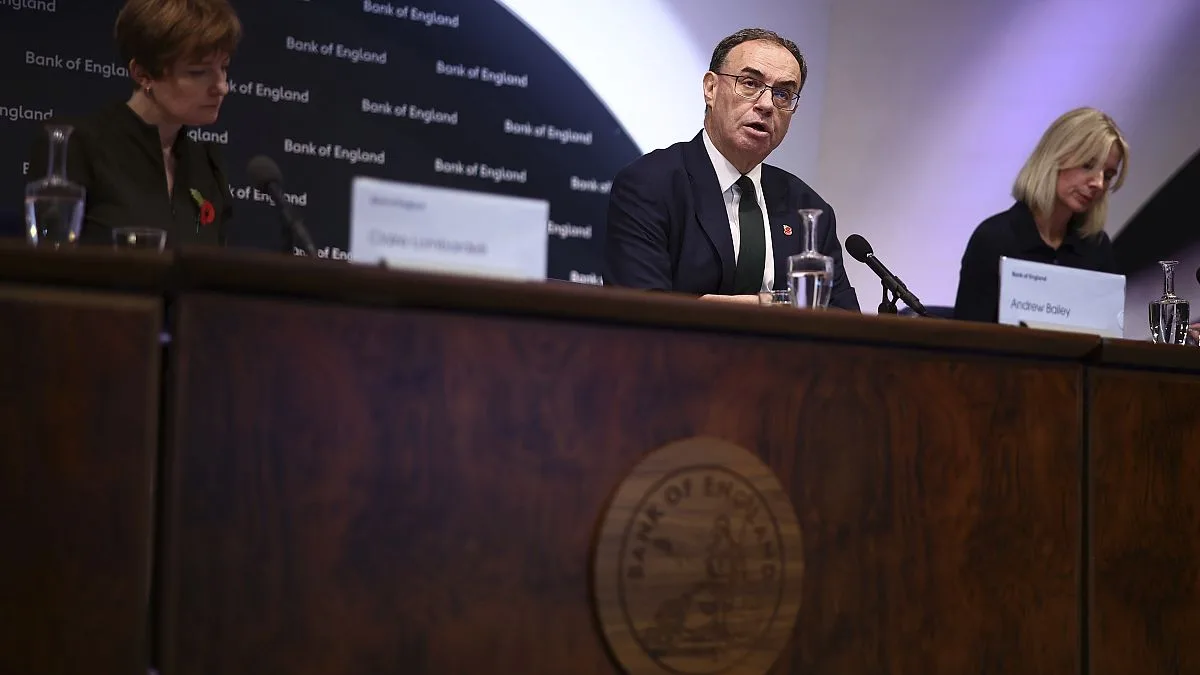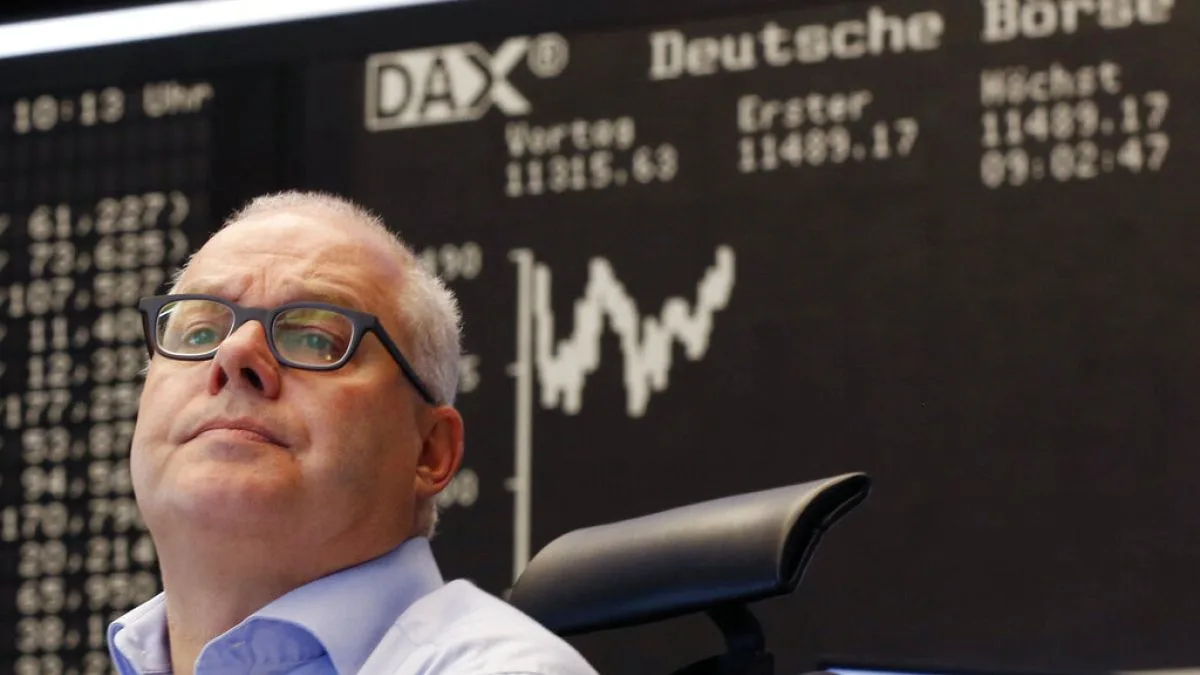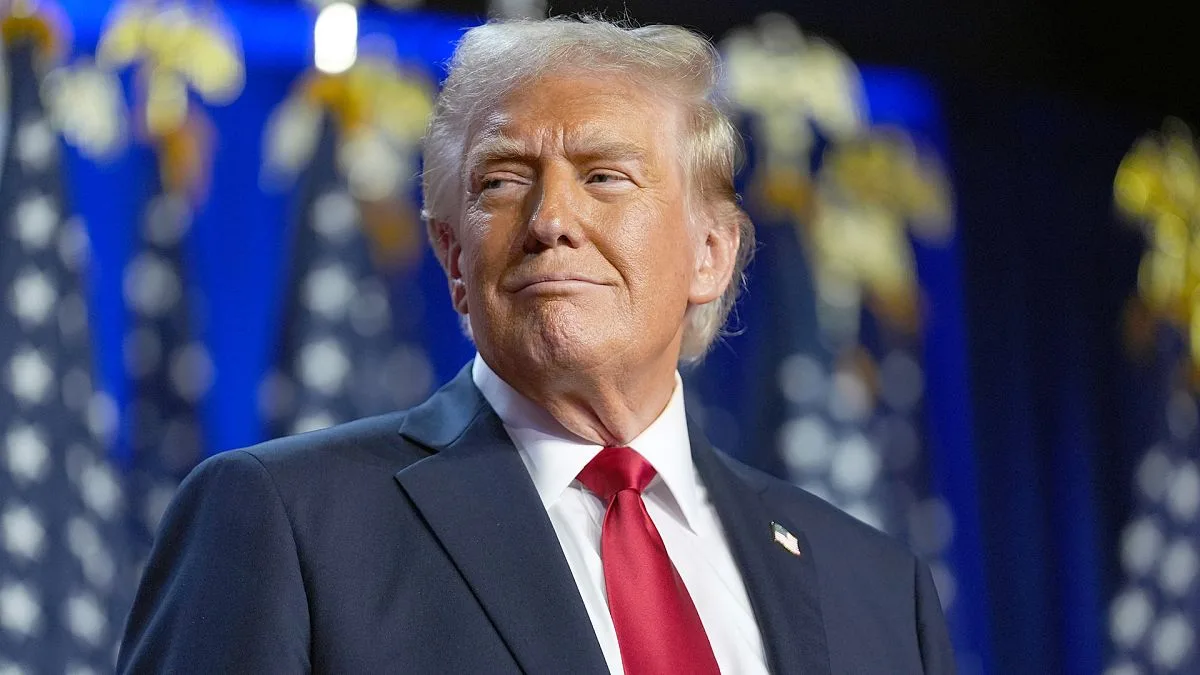A significant shift in trade dynamics with Europe has been a burden for the UK economy, according to Bank of England Governor Andrew Bailey.
Governor Bailey recently expressed optimism about the potential for improved relations with the EU, especially following the Labour Party’s pledge under an incoming government to revise a Brexit deal that it deemed “flawed.”
The impact of geopolitical shocks, a disintegrating global economy, and an ageing population has contributed to constraints on supply—the measure of the UK economy’s productive capacity. However, the consequences of leaving the EU have also been significant, Bailey noted during a speech to finance professionals in London.
“The evolving trading relationship with the EU has impacted the potential supply levels,” Bailey stated, emphasizing the particularly adverse effects on the goods trade. “We must remain vigilant and seize opportunities to rebuild relationships while honoring the decisions made by the British populace,” he further remarked.
Keir Starmer, who won a decisive victory as Prime Minister in July, has stated that he won’t seek to rejoin the EU’s single market or customs union, which would impose EU regulations without the UK’s influence. However, he is committed to negotiating ways to lessen trade barriers that affect touring musicians and agri-food exports—areas currently burdened by comprehensive checks and the requirement of a veterinarian’s signature due to existing EU border controls.
In October, Starmer met with European Commission President Ursula von der Leyen, and both leaders pledged to enhance cooperation swiftly in various domains, including the economy, energy, and security.
Since the UK departed from the EU in 2020 following a referendum in 2016, Starmer has consistently criticized the minimal deal negotiated by former Prime Minister Boris Johnson, which shaped subsequent trade relations.
Photo credit & article inspired by: Euronews



